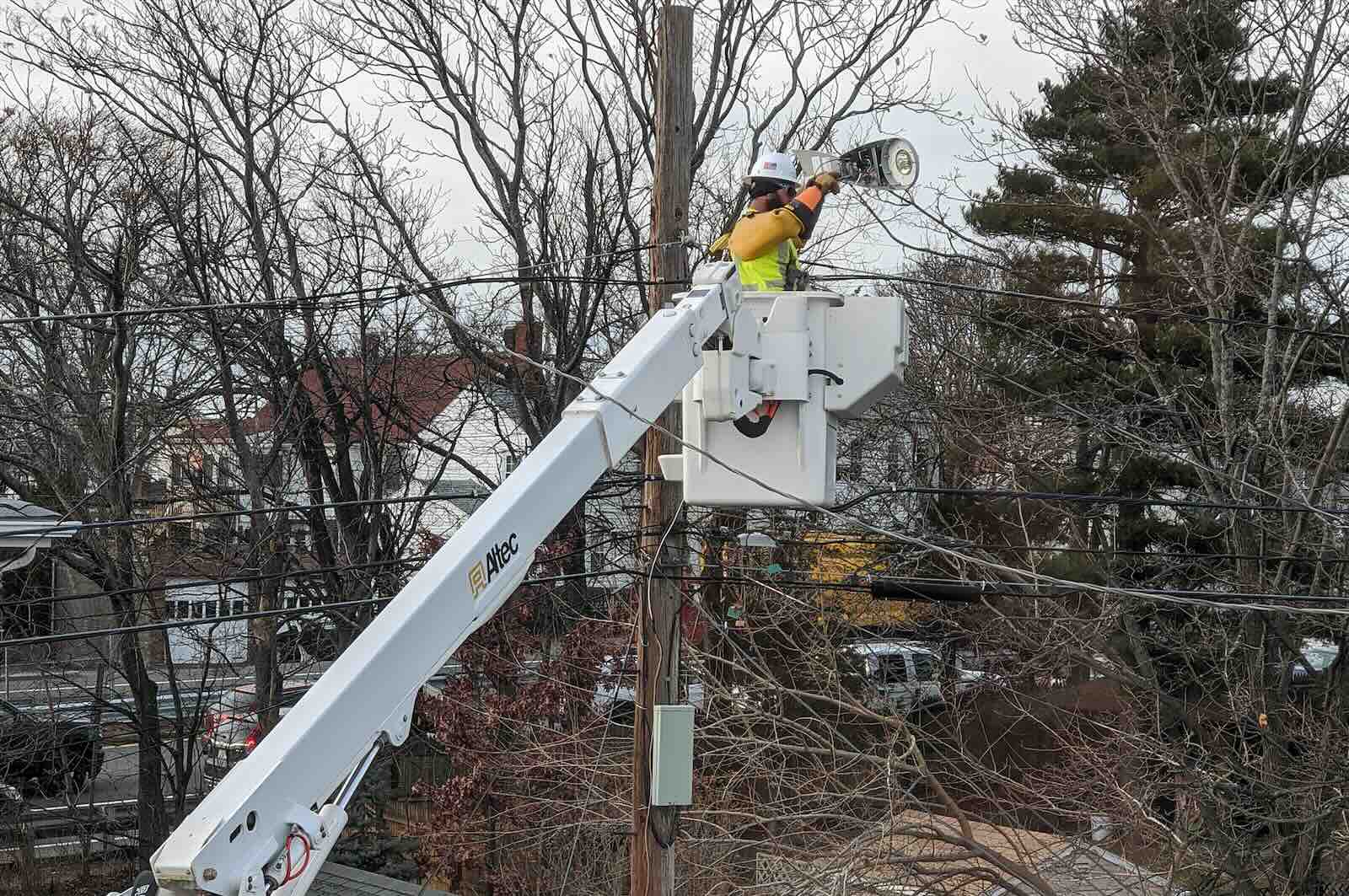ImpactAlpha, May 30 – The action in Africa’s electric vehicle market is in electric motorbikes. Much of the early activity is concentrated in East Africa and scale remains small: companies like Ampersand in Rwanda have gotten hundreds of bikes on the road.
Kofa is one of West Africa’s early movers. The company runs a battery swapping network for e-motorbike users, allowing them to trade in depleted batteries for fully charged units through its network of swapping stations.
It raised an undisclosed amount of seed funding from Mercy Corp Ventures, Wangara Green Ventures, Shell Foundation and others.
EV impact
There are an estimated 30 million motorcycle taxis on the road in Africa. Individual fuel costs average about $11 per day.
“Motorbike drivers spend about 40% of their income on filling the tank,” Mercy Corp Ventures’ Toffene Kama wrote in a note about the Kofa investment.
Many African countries have incomplete or unreliable electricity services. Kofa designs its batteries to be used as a backup power supply for the home or for shopkeepers to power appliances.
“At scale, the meshed network of batteries and stations starts operating as a micro-grid,” explained Kama. “As it evolves, it could be used to store excess energy generated by decentralized renewable sources for use during times of high demand.”
In Germany, Voltfang is repurposing EV batteries for grid storage.
Much like the early off-grid solar sector, Africa’s early EV companies have to do it all to prove the market: product design and/or import, distribution and financing. Key to investing in the sector is finding companies with supply chain advantages, since battery charging and swapping infrastructure is not yet integrated across providers, Mercy Corp Ventures’ Dan Block told ImpactAlpha.











